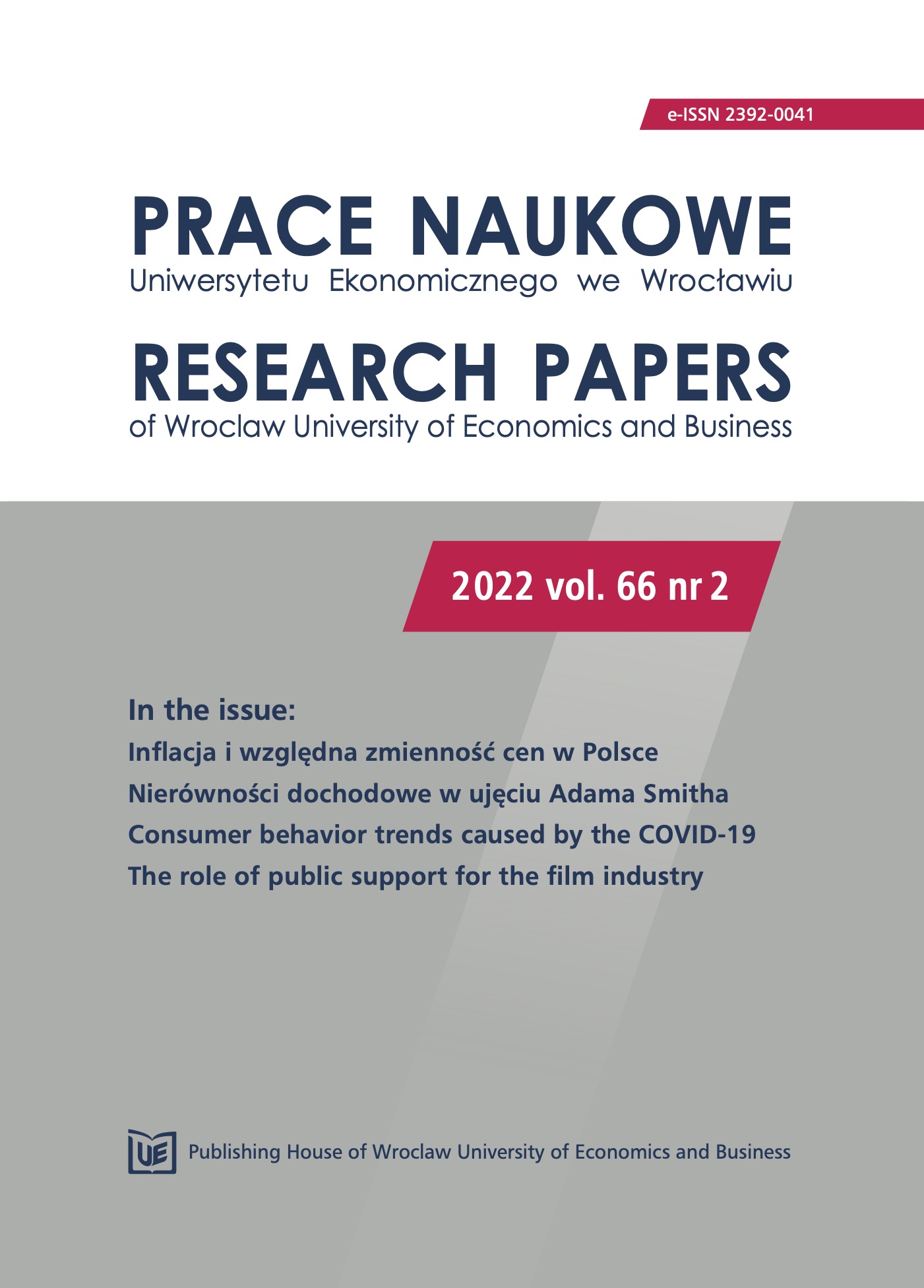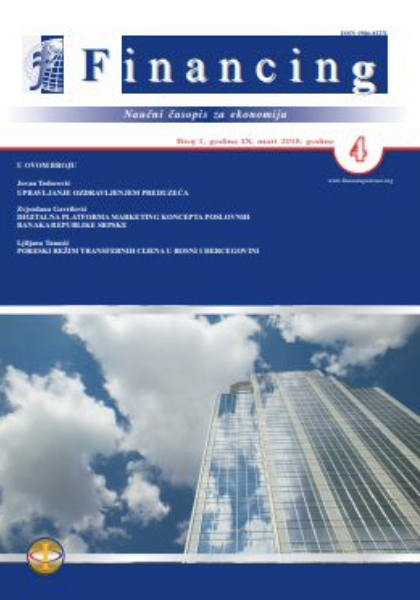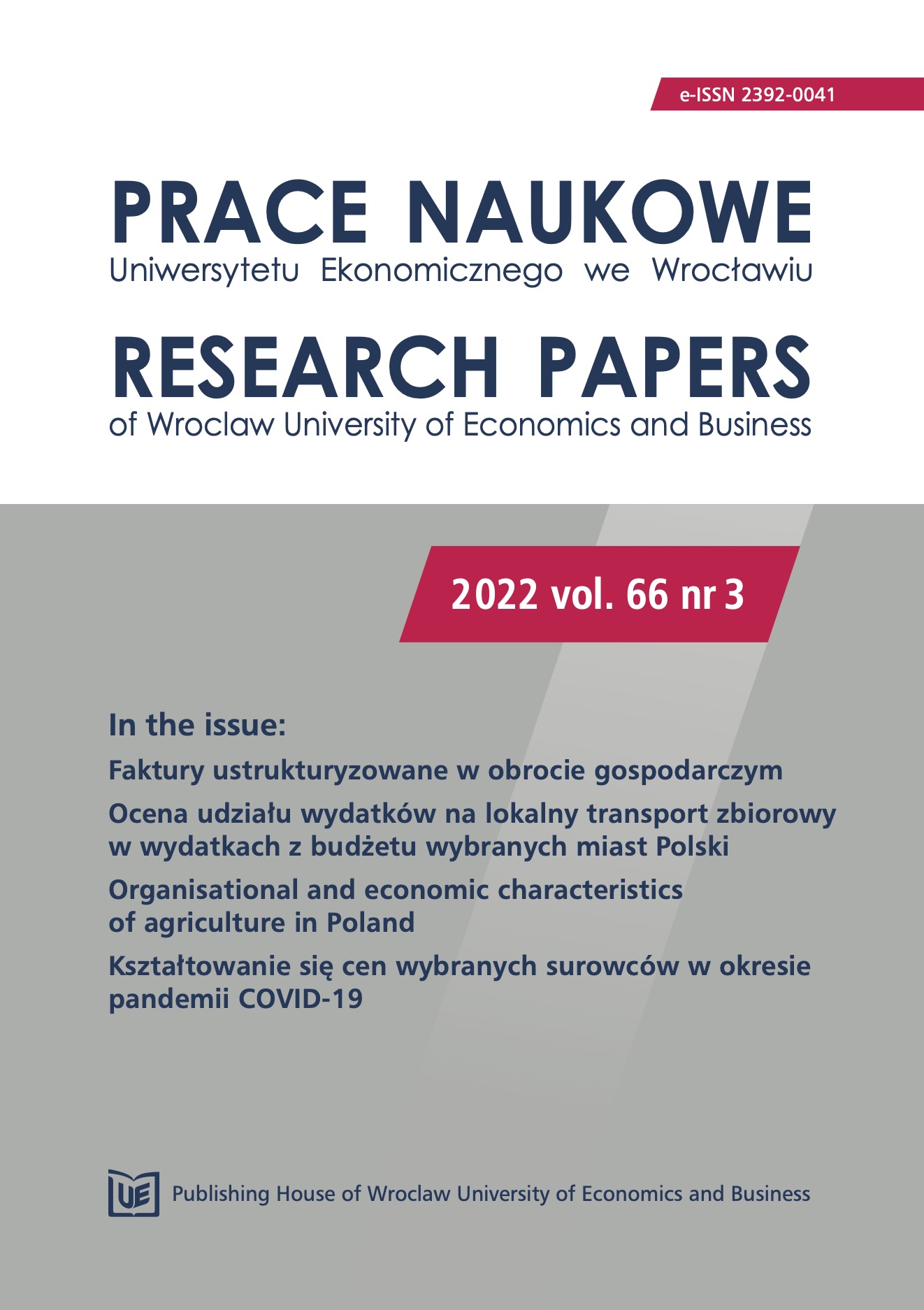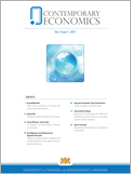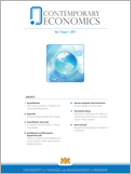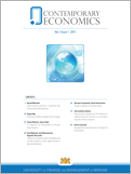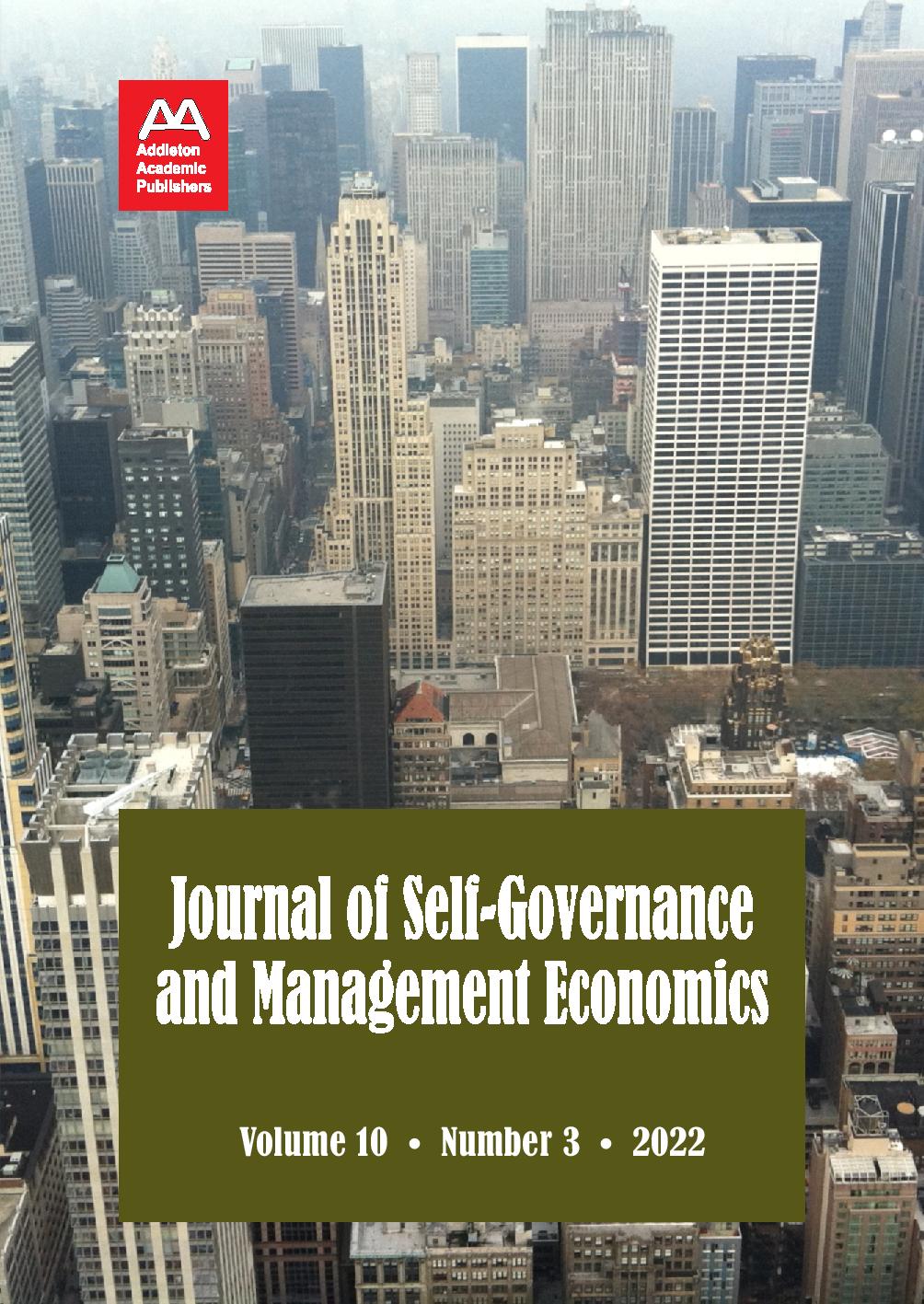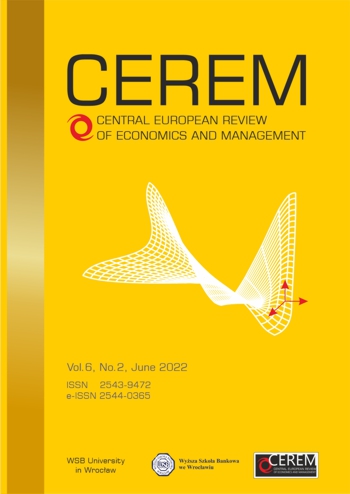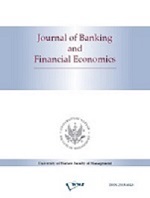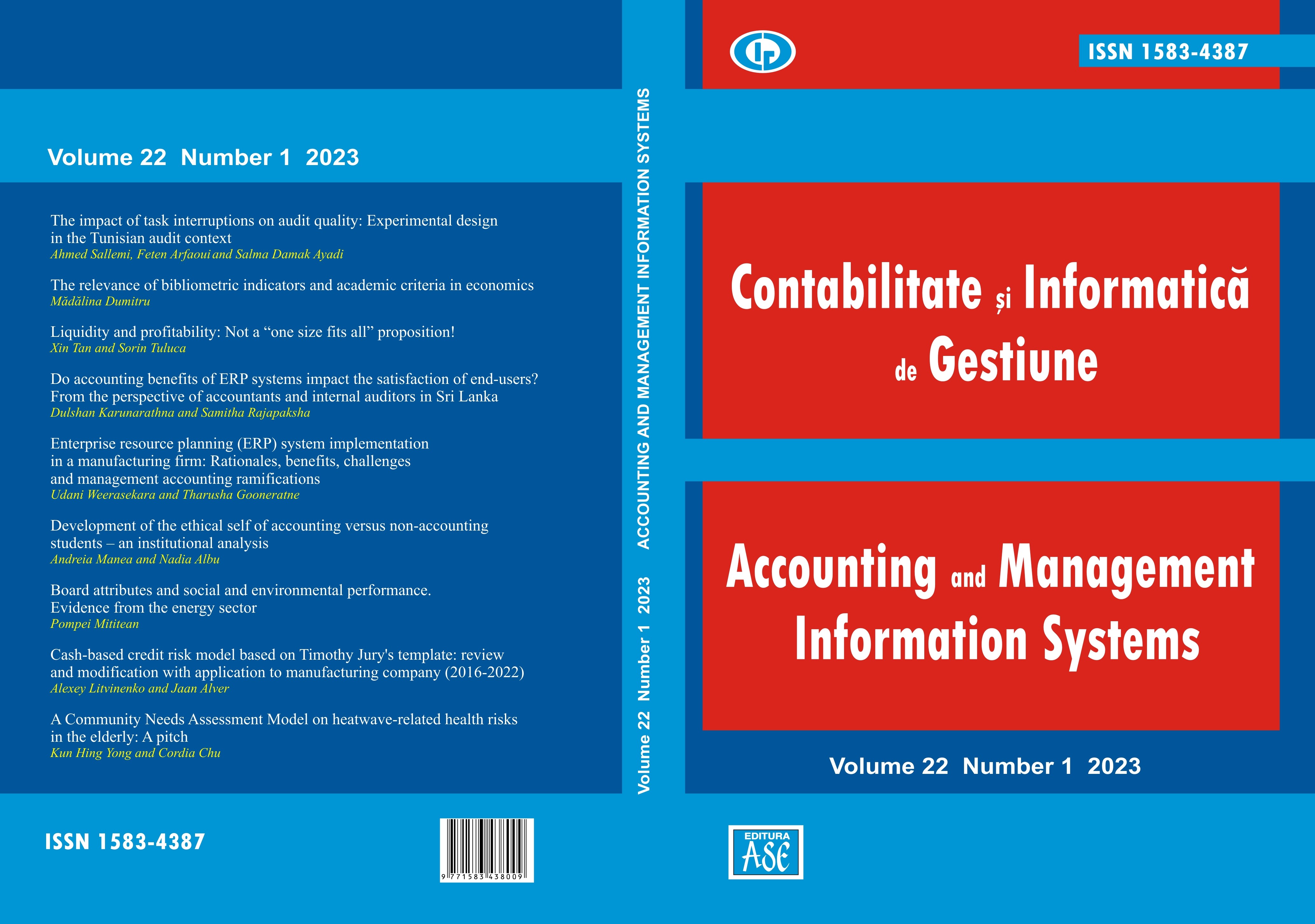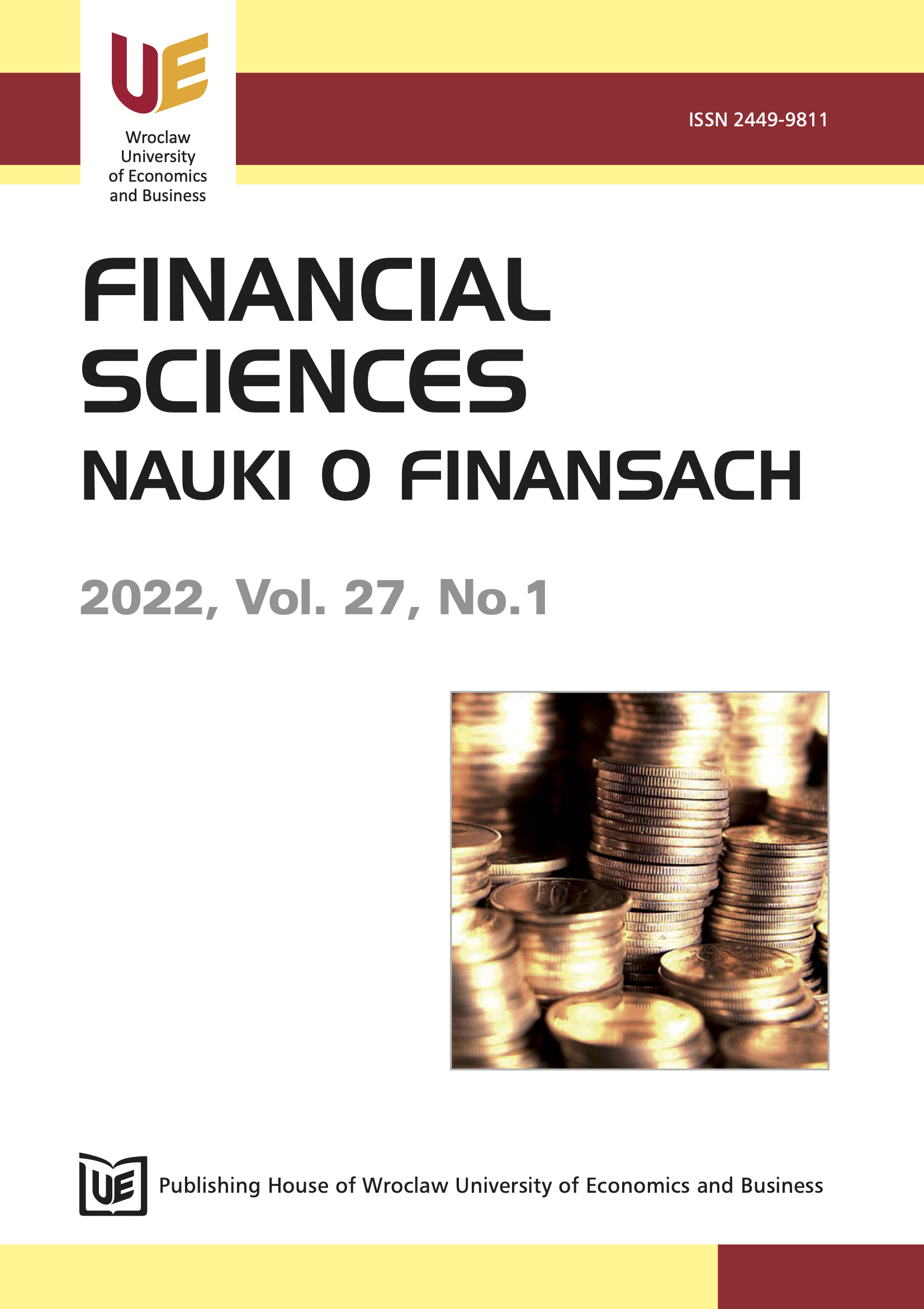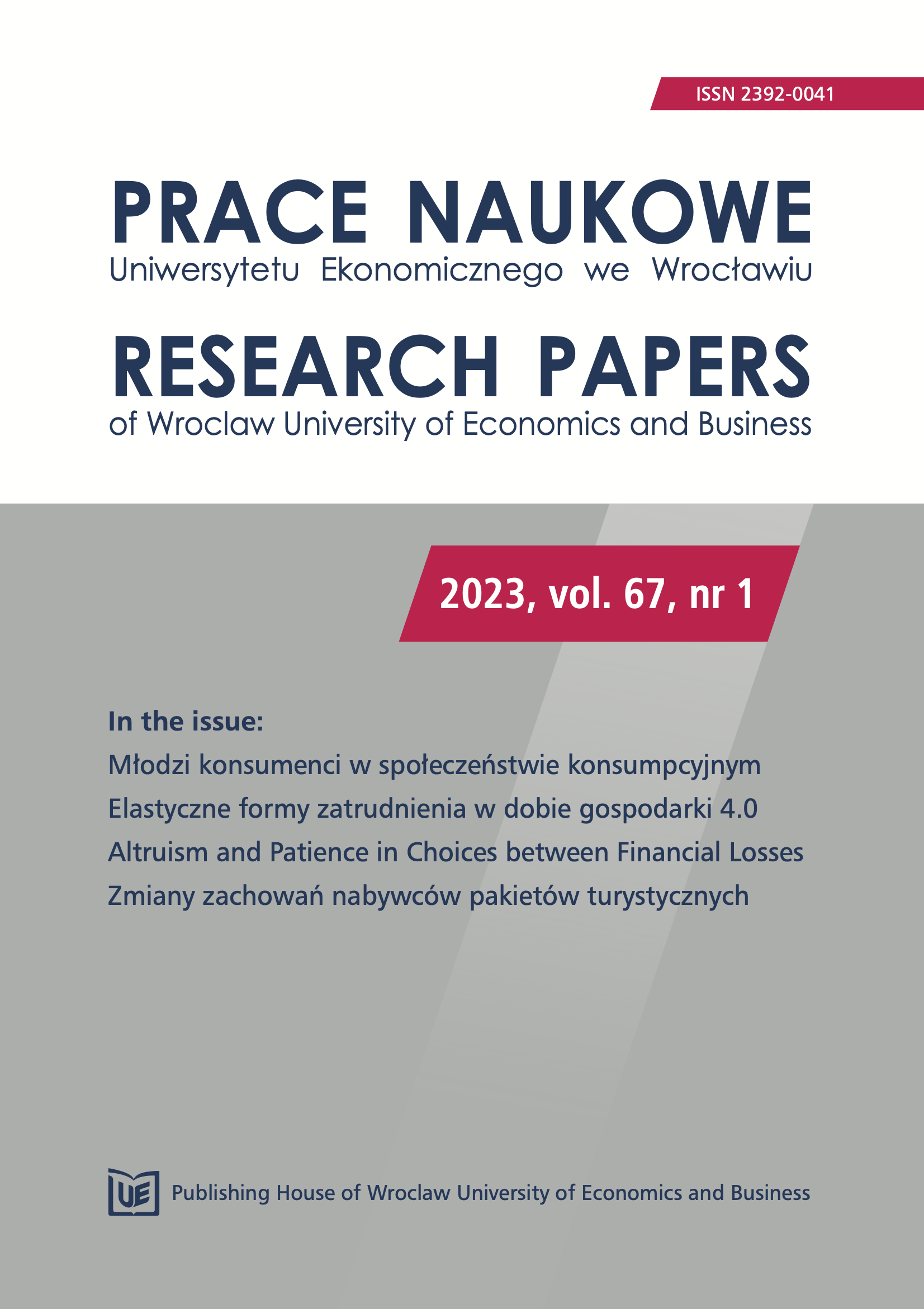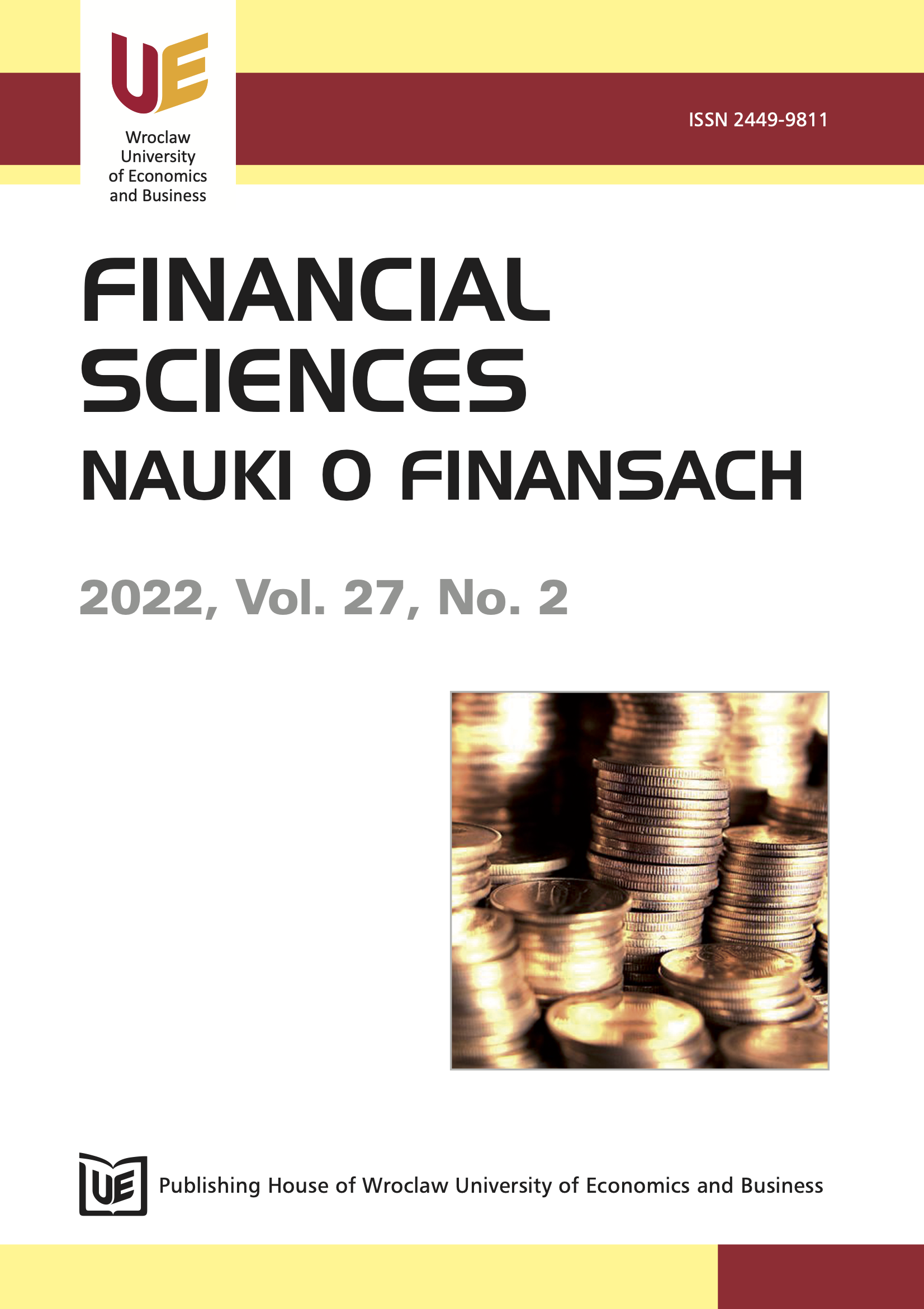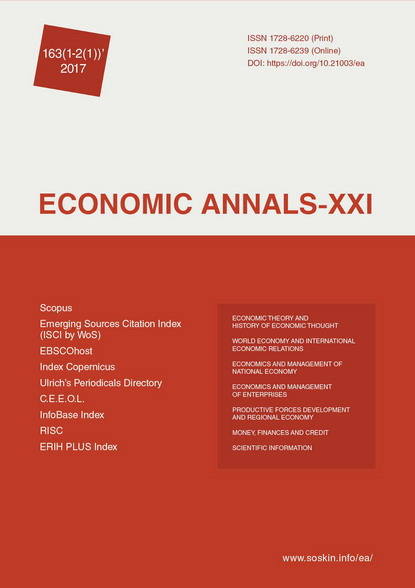
Product quality as a condition for maximisation of profit: accounting and control aspects
The article considers approaches to the interpretation of the essence of the concept of quality according to both scientific and international quality standards ISO 9000. The authors have presented an analytical assessment of the commodity structure of import and export of agricultural and food products in Ukraine and its impact on the improvement of product quality. It has been emphasised on the need to attract investments and to strengthen the capacity of the State related to the manufacture products with the involvement of the newest technologies in compliance with all the required standards of product quality. The author of the article has considered the system and components of quality management as a tool for meeting stakeholders’ needs and implementing management to reduce risks and timely respond to them in terms of a crisis. The factors influencing the improvement of product quality, as well as financial results of the company, have been determined. A survey of 61 agricultural enterprises of Vinnytsia region of Ukraine was conducted by the authors in 2016 to identify the level of awareness and control of product quality management system and efficiency of accounting and control functions at agricultural enterprises. The survey questionair consists of nine questions, namely: Do the farm management carry out product quality management? Is the agricultural enterprise an ISO certificate holder and does it meet its requirements? Does the agricultural enterprise make financial investments in the improvement of product quality? Does the company monitor the agricultural product quality of rival companies? Which staff member is responsible for quality conformance control of the agricultural production? Who is responsible for the product quality in the company? How does the company assess the quality of agricultural products? What share (%) of the agricultural products sales is spent on the improvement of product quality? Is it expected that quality improvement should affect the financial performance of agricultural enterprises? Following the answers, a positive trend can be seen, since more than a half of the enterprises manage and invest in the improvement of product quality. The findings allow concluding that the product quality management at agricultural enterprises is of a relative character, as it is done by introducing more productive crop varieties and animal breeds, as well as advanced production technologies, etc. into production. It has a character rather of one-time actions than a strategy. The efficacy of control functions as multidimensional phenomena of management functions and functions of accounting has been investigated. The article deals with the approaches to accounting and control to ensure product quality and its impact on profitability.The authors of the article have substantiated a need for the Product Control Counsil for business entities in order to improve product quality, which affects the maximisation of profits.
More...


